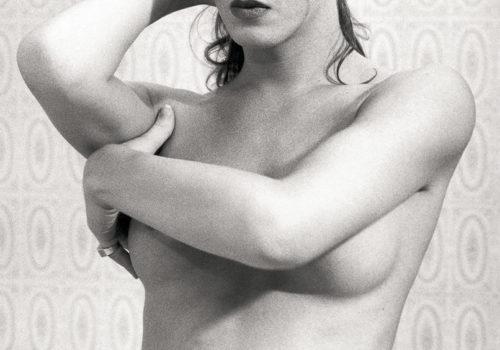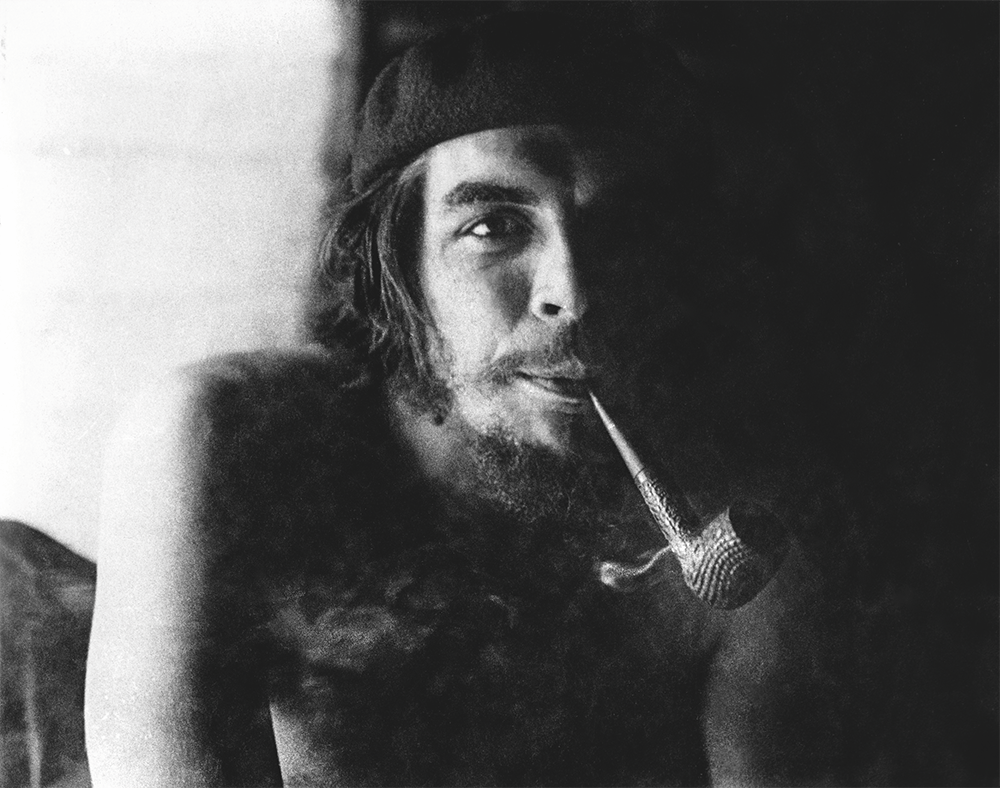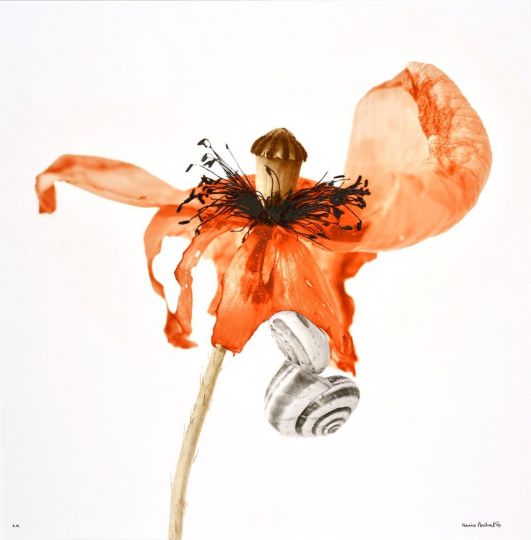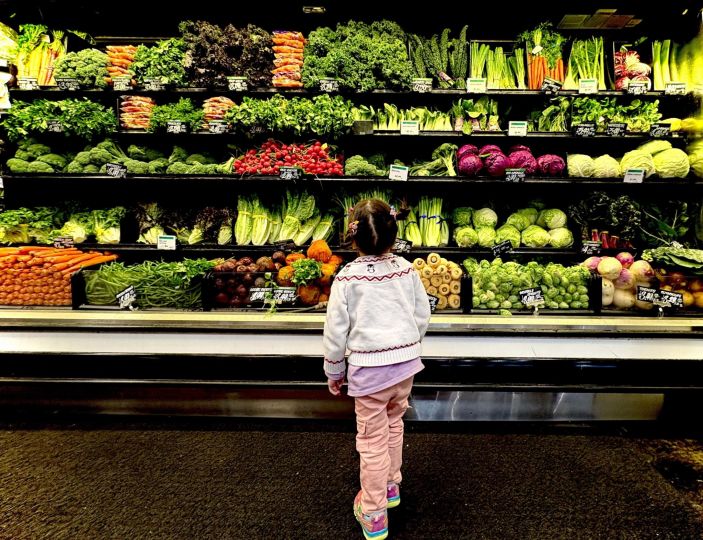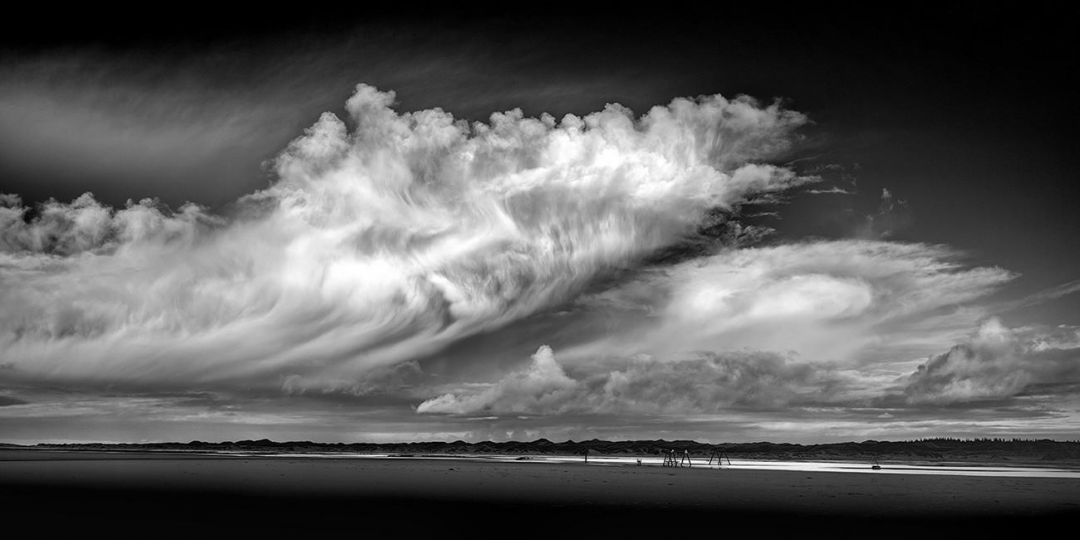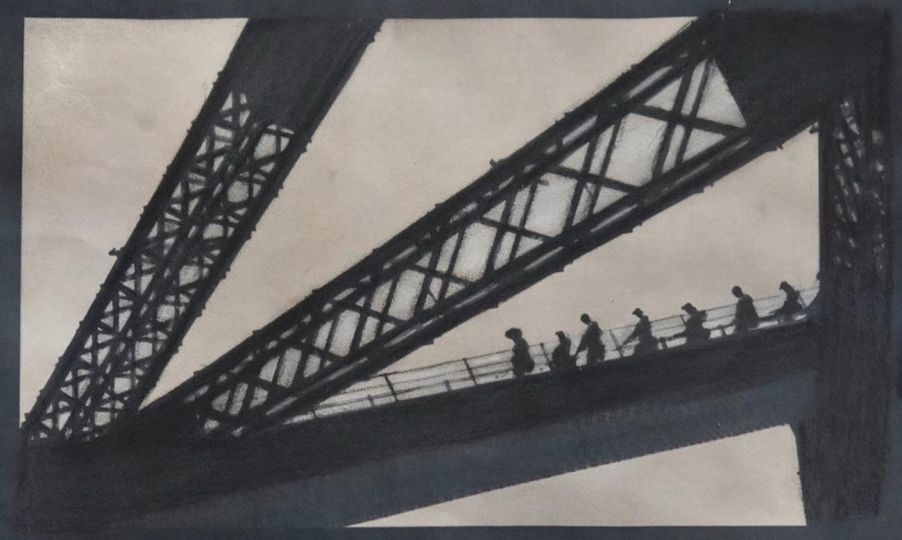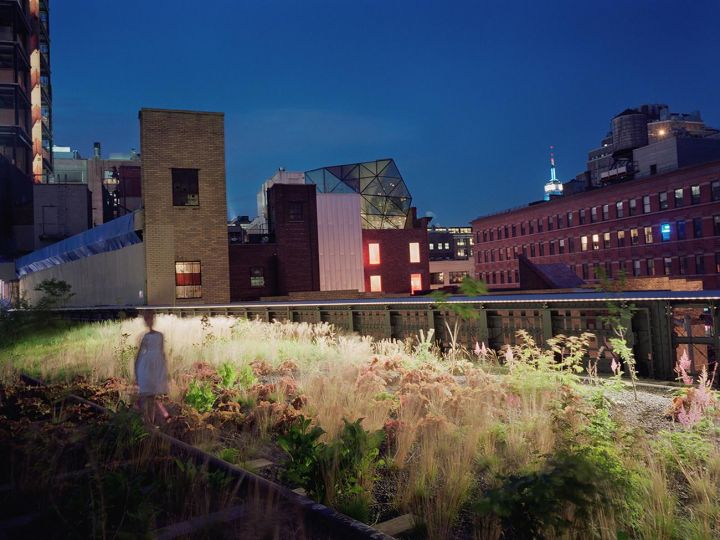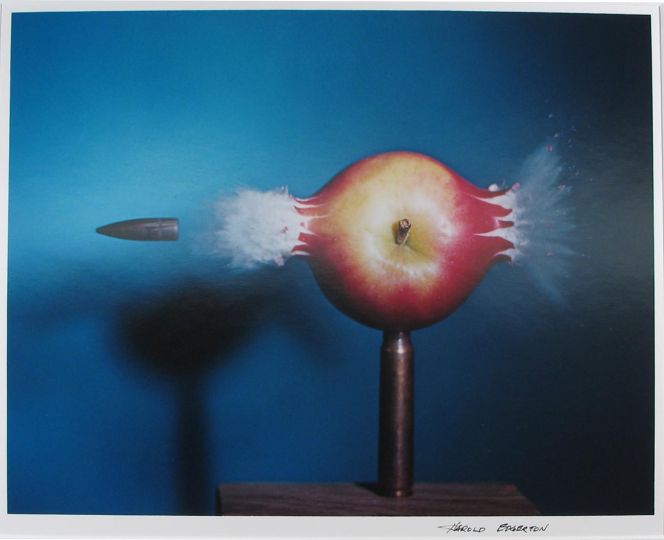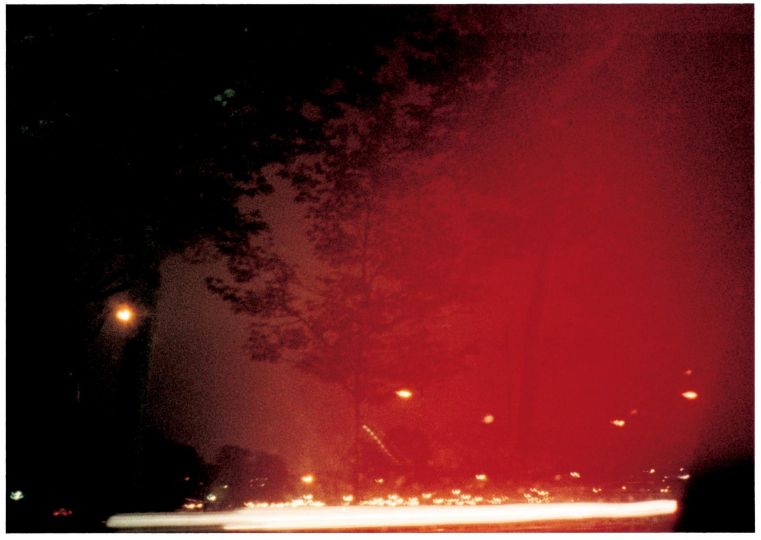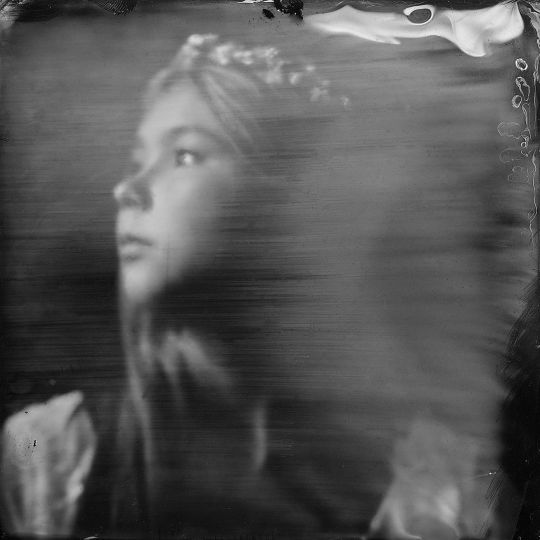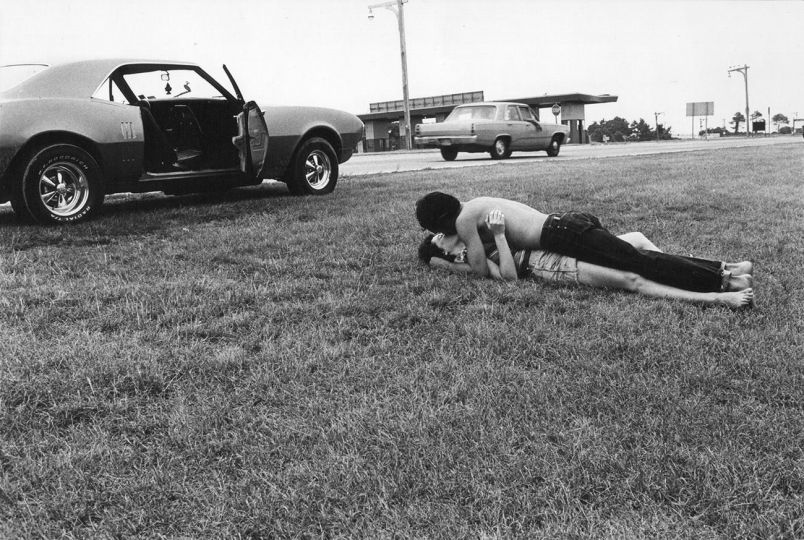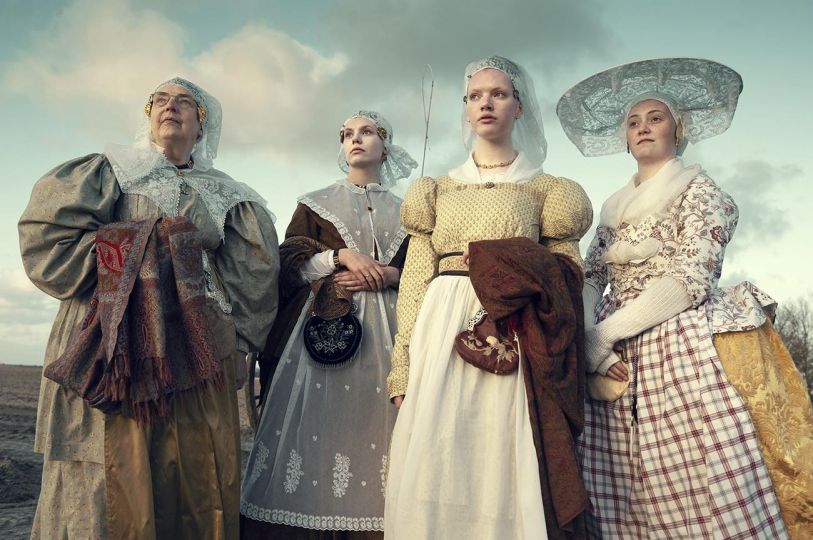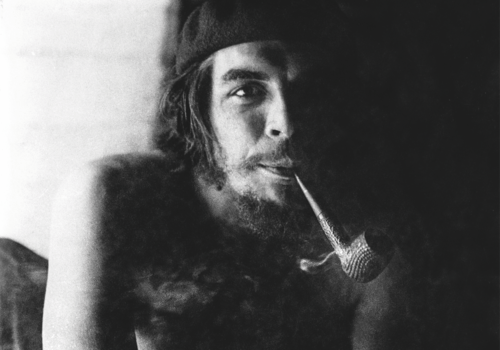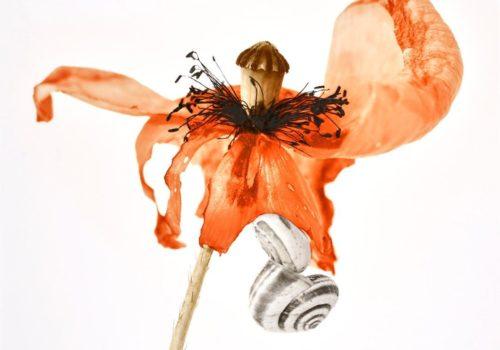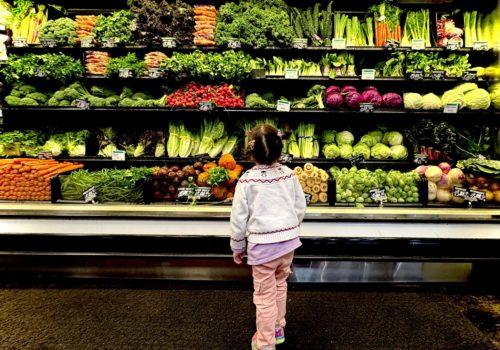Initiated in 2018, the project aims to offer a 3,900 square meter space dedicated to photography. Both an exhibition space and a conservation space, it aims to be a “place of exchange and research for all”. While waiting for the renovation work, the Institute is presenting its sixth “prefiguration program” until December 24.
In the heart of Old Lille, a vast paved courtyard, a small stoop and a large hall to welcome you in these cold autumn rains. Two buildings built respectively in the 18th and 19th centuries which will soon be renovated in a major architectural project led by the duo Berger & Berger – architects also of the Lambert Collection in Avignon.
Since 2019, they have imagined the rehabilitation of a large part of the premises and the construction of new spaces including 850 m2 of exhibition rooms, 650 m2 dedicated to photographic reserves and 750m2 of public spaces, including a library, a bookstore – shop, café, educational spaces… For this a budget of just over 16 million euros has been allocated and the final opening is planned for 2026.
The project also gives pride of place to peripheral developments: gardens all around the buildings which will envelop the place in a plant-filled and contemplative atmosphere in order to be in the best conditions for enjoying photography. Because this is the ambition of the Institute: to give its full place to the eighth art and to make it shine in the region, as evidenced by the 30,000 photo books in its future library which will be open to all or the workshops carried out with a school audience where the aim will be to discover what it is to look at an image.
Graffiti
While waiting for the end of this major project, the Institute is offering a new program this fall with eight guest artists. First Bettina Rheims who donated her work to the Institute and who shows here her meeting with the transgender woman dancer and cabaret revue leader Kim Harlow with whom she wrote a book. Elegant black and white portraits that question the notion of gender and identity at a time when it is being questioned more than ever.
Not far from there, the work of Yue Cheng, a student at the Fresnoy school, is presented. The artist highlights the delusion of grandeur of certain global cities like Macau, a space of excess and also of generalised surveillance. Just opposite, it is the film by Justine Pluvinage which appeals to us: the story of an extraordinary love story between a woman who has experienced significant trials in her life and a man who has a physical handicap, obliged to move around in a wheelchair. The work allows us to delve into the love that saves them from everything, including and especially from the gaze of society.
Upstairs, Afghan artist Mohammad Hadi Rahnaward invents a choreography around the notion of power by creating a video where men – and only men – jostle to try to enter a frame, a metaphor for their desire to access the light and the inevitable conflict to get there. Right next door, like a snub to this thirst for power, the artist SAEIO reveals his setbacks with the French justice system for having graffitied SNCF wagons. In particular, he wrote a fictitious, very funny statement, in which he shamelessly questions the impossible identity of the author of a graffiti.
Photo booth
Claire Fasulo went to film funfair settings in the middle of the night, when no one is around and with colored lights in what she calls an “attraction-repulsion” for these unusual spaces. Another artist from Lille: Olivier Despicht presents work carried out between 1992 and 2002 where he used a photo booth to take self-portraits, then involved his partner and his child in sensitive shots which bring out everyone’s expressions.
The program ends with the work of David de Beyter who is interested in scientific ufology. He went to the places indicated by people who believe in the presence of extra-terrestrials and created imposing landscapes with which he enjoys pointing out the particularity of these beliefs and the associated images.
The artist is one of the four winners of the research and creation support program awarded in 2020 by the Institute for Photography, which has just announced another support program, this one dedicated to children’s photo books. An envelope of 10,000 euros to support the publishing of books dedicated to young people aged 6 to 18.
Jean-Baptiste Gauvin
Institut pour la photographie
11 Rue de Thionville, 59000 Lille
https://www.institut-photo.com/

